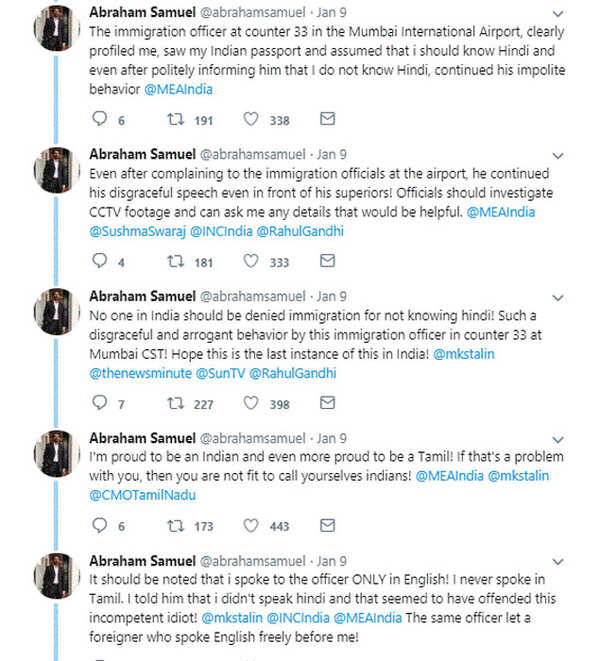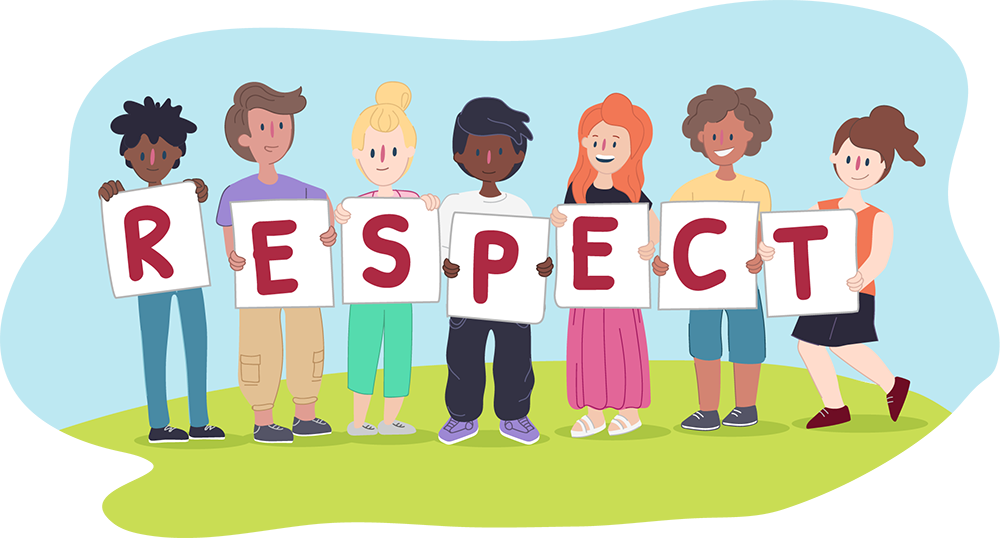Online Arguments
Online arguments are common in today's world where people have access to the internet and various social media platforms. An online argument can happen when people disagree with each other over a particular topic or issue and engage in a back-and-forth exchange of opinions that can escalate into personal attacks or insults.
In this blog, I would like to discuss about the argument regarding the Hindi and Tamil languages that is going on across platforms in India. Here is a link to one of the tweets regarding this argument and the replies on this tweet are enough to provide us with an opportunity to look at what's negative in this argument.
Negatives in this argument:
First of all, I think that there is some exaggeration done by the person tweeting about his experience. Certainly it is frustrating to face such a situation but, the way he's explaining things seems problematic to me as there is no evidence to support the claims he's making. Secondly, the people replying to his comments who are against him are making personal comments against him which are disrespectful and should be avoided. Finally, I think this argument is being related to other issues and presented in a way that is hurting the peace of the society. Although I don't have any evidence against this particular argument or tweet, but generally these online debates/arguments lead to violence in the society that cause even more problems.The negative responses attack the person instead of the argument and uses name-calling instead of evidence to support their position. It does not contribute to a productive discussion and may lead to further hostility between the parties involved.
Here are some rules to argue online correctly:
Stay calm and respectful: It is essential to remain calm and respectful when engaging with others online. Avoid using insults or personal attacks as this can escalate the situation.
Stick to the topic: Try to stay on topic and avoid getting sidetracked by unrelated issues. Focus on the issue at hand and try to find common ground.
Listen to others: Listen to what others have to say and try to understand their point of view. Avoid making assumptions or jumping to conclusions.
Use facts and evidence: Support your arguments with facts and evidence to back up your claims. Avoid making statements that are not backed up by evidence.
Take a break if necessary: If the conversation becomes heated or if you feel yourself getting angry or frustrated, take a break from the conversation. It's better to step away and come back when you're calmer.
Remember, online arguments can be unproductive and often result in hurt feelings and damaged relationships. By following these tips, one can argue online correctly and engage in productive discussions that promote understanding and mutual respect.
💭💭💭💭💭




Comments
Post a Comment